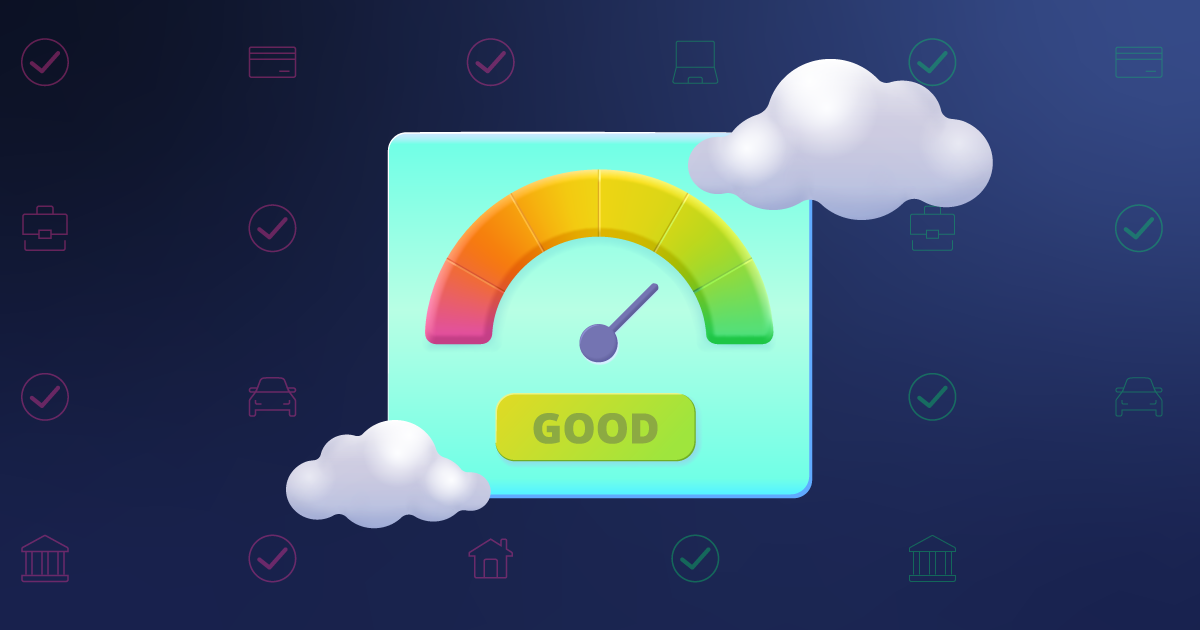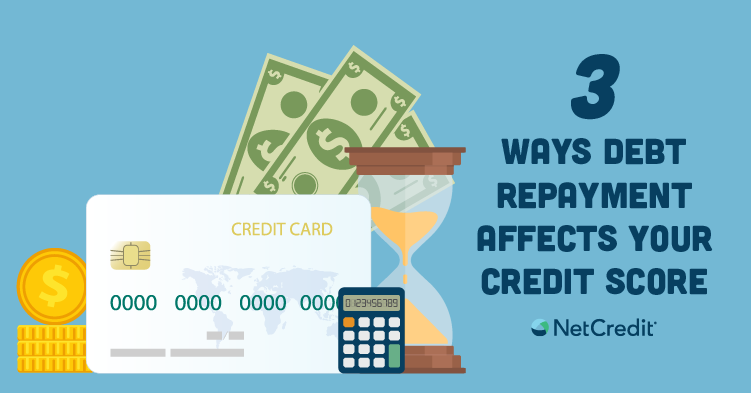Your credit score is not just a number — it’s a way to measure your financial health, determine your creditworthiness and even demonstrate your reliability as a potential new employee or tenant. Your credit score comes into play in all these scenarios and can determine how successful the outcome is.
There are several components that make up your credit score, each impacting it in a different way. About 10% of your credit score is defined by inquiries for new credit, otherwise known as hard inquiries. There is another type of credit inquiry, however: a soft credit check.
But what is a soft credit check, and how does it impact your credit score? How does it compare to a hard credit check? Here’s a breakdown of both types of credit checks and how they work.
What is a soft credit check?
A soft credit check — also called a soft pull or soft inquiry — is a credit inquiry that doesn’t affect your FICO credit score. It will appear on your credit report, but it is not visible to potential lenders conducting a hard credit check. (Only you can see soft inquiries.) Soft credit checks occur in a variety of situations, including when you pull your own credit report. A hard credit check, by comparison, may impact your FICO score and will be visible to potential lenders.
How do soft credit checks work?
A soft credit check provides access to your credit report. It can be requested by a variety of people and used for a number of purposes. The main difference between how a soft credit check works and how a hard credit check works is that potential lenders can’t view soft inquiries.
Examples of soft credit checks include:
- Potential employers conducting a background check.
- Individuals checking their own credit.
- Current creditors checking their borrower’s credit.
- Insurance companies checking a potential customer’s credit.
- Creditors checking qualifications for a pre-approval offer.
- Credit card issuers checking qualifications for credit card offers.
Some companies — such as utility, cable, internet and cell phone providers — require either a soft or hard credit check. Opening a bank account can also require either a soft or hard inquiry. You’re allowed to ask such companies if they’ll be doing a soft or hard pull.
Some lenders may also run soft credit checks instead of hard ones. If you have any questions, review your lender’s policy on credit checks before you apply.
Do soft credit checks affect credit?
Soft credit checks appear on your credit report, but they do not affect your FICO credit score. Because soft pulls don’t indicate an application for credit, their presence on your credit report does not pose a risk to potential lenders.
In theory, you can have dozens of soft credit checks as part of your credit history, and your FICO credit score will not be affected.
It’s recommended to regularly check your credit report to better understand your credit eligibility and meet your personal finance goals. Through AnnualCreditReport.com, you can request a free copy of your credit report from each of the three major credit bureaus (Experian, Equifax and TransUnion) every 12 months.
A soft inquiry will only appear on the credit report provided by the credit reporting bureau where it was performed. For example, if a soft credit pull was only performed on an Equifax credit report, it won’t appear on credit reports from the other bureaus.
What is a hard credit check?
In contrast to a soft credit check, a hard credit check — also called a hard pull or hard inquiry — is a credit inquiry that can affect your FICO credit score. It is visible to potential lenders when they pull your credit report. Hard credit checks occur when a potential lender considers your application for credit.
How do hard credit checks work?
When a customer applies for credit, potential lenders almost always run a hard credit check to make their lending decision. Like a soft credit check, a hard credit check provides access to a credit report — but to potential lenders. Another important difference from soft credit checks is that hard credit checks can potentially lower your FICO credit score.
Financial products that typically require hard credit inquiries include:
- Credit card applications.
- Student loan applications.
- Auto loan applications.
- Mortgage applications.
- Personal loan applications.
- Apartment rental applications.
- Line of credit increases.
Do hard credit checks affect credit?
Yes, hard credit checks can temporarily lower your FICO credit score by up to five points. However, the impact varies and is determined by the unique characteristics of your credit report. Lenders can be wary of reports with a high amount of hard inquiries — it may indicate cash flow problems or plans to take on a lot of new debt.
Certain types of credit applications have a grace period. For auto loans and mortgages, credit scoring models like FICO provide a window of time — usually 14 to 45 days — where multiple hard inquiries are combined to count as one hard inquiry. Credit scoring models provide this window because customers applying for this type of credit are usually just rate shopping. They are unlikely to receive multiple car loans or mortgages at once. To help stay within the grace period of your lender’s score provider, try to shop around for rates within 14 days.
Hard credit checks appear on your credit report and stay for up to two years. However, FICO scores only take the past 12 months into scoring considerations. For some credit scoring services, including FICO and VantageScores, hard credit inquiries make up 10% of a credit score. Be sure to consider the potential for negative impact before applying for new credit.






